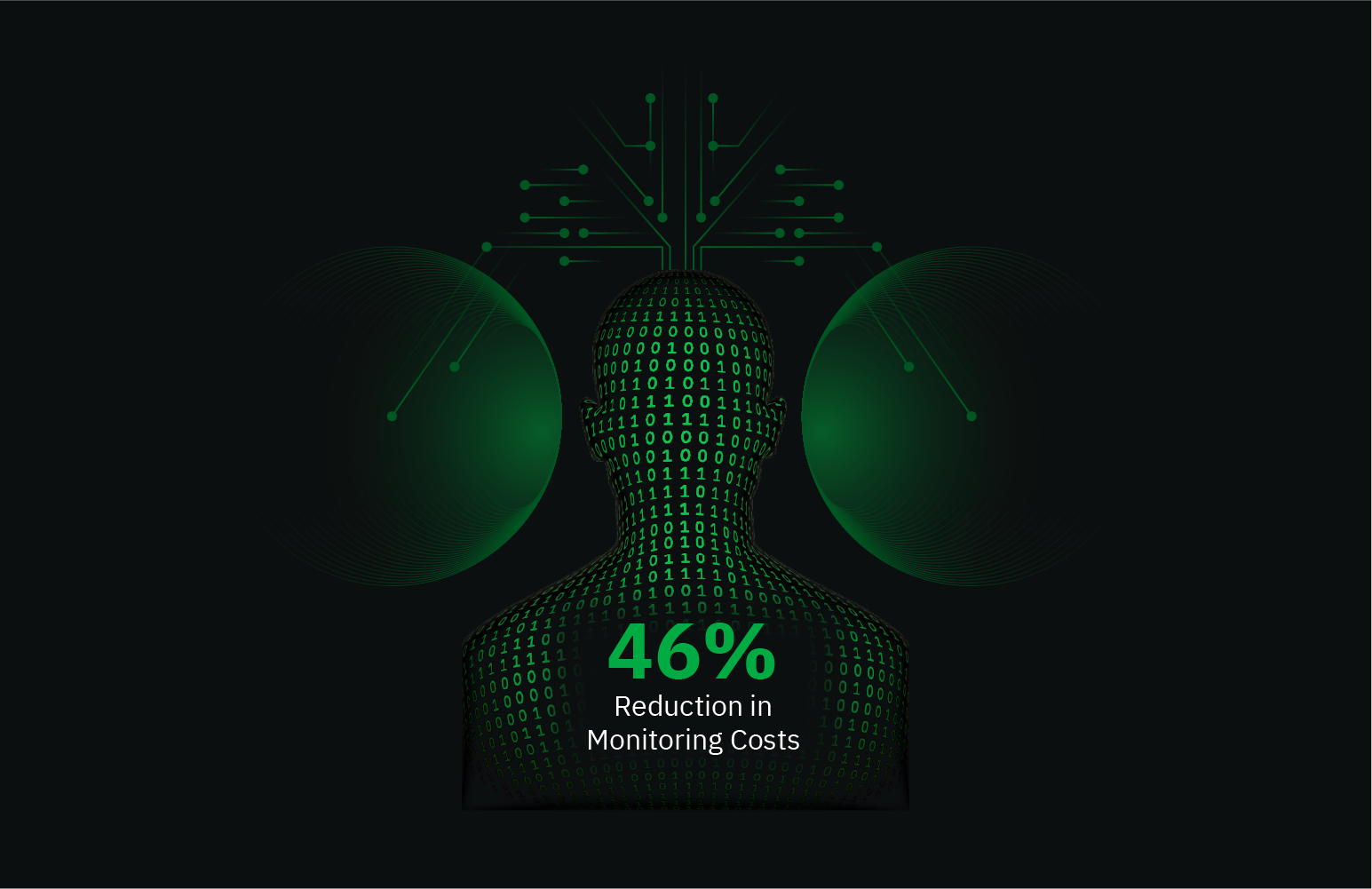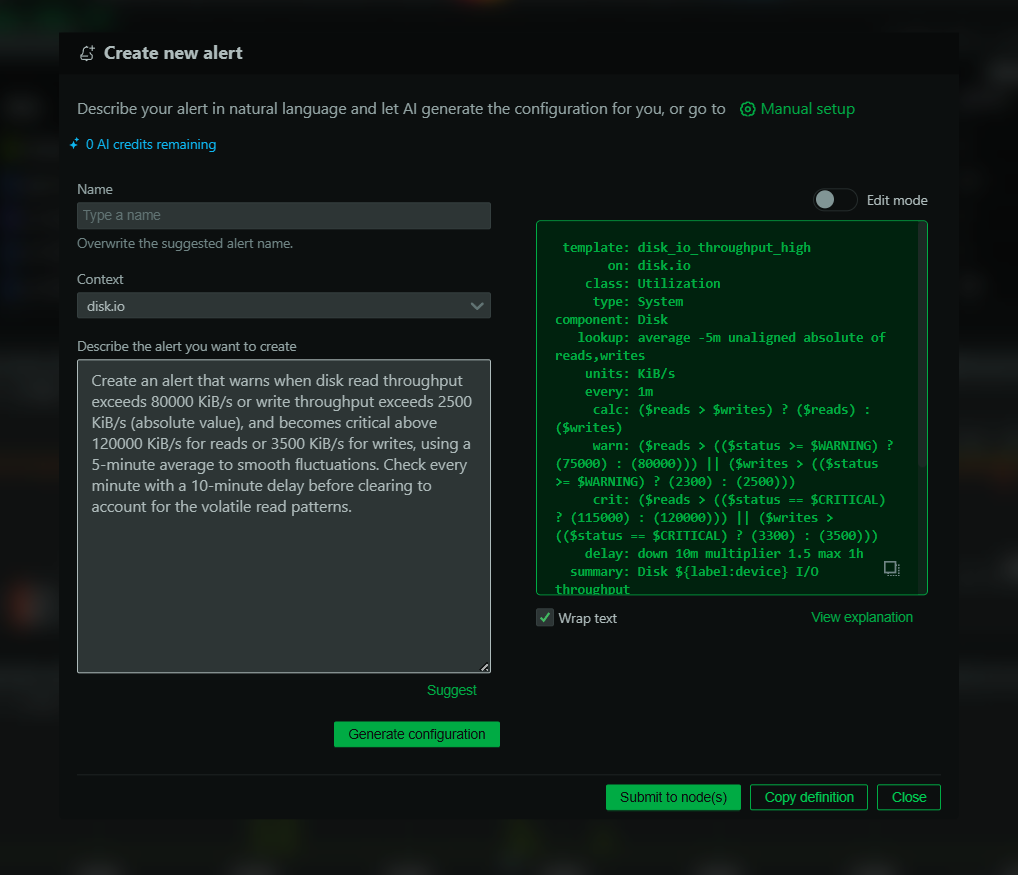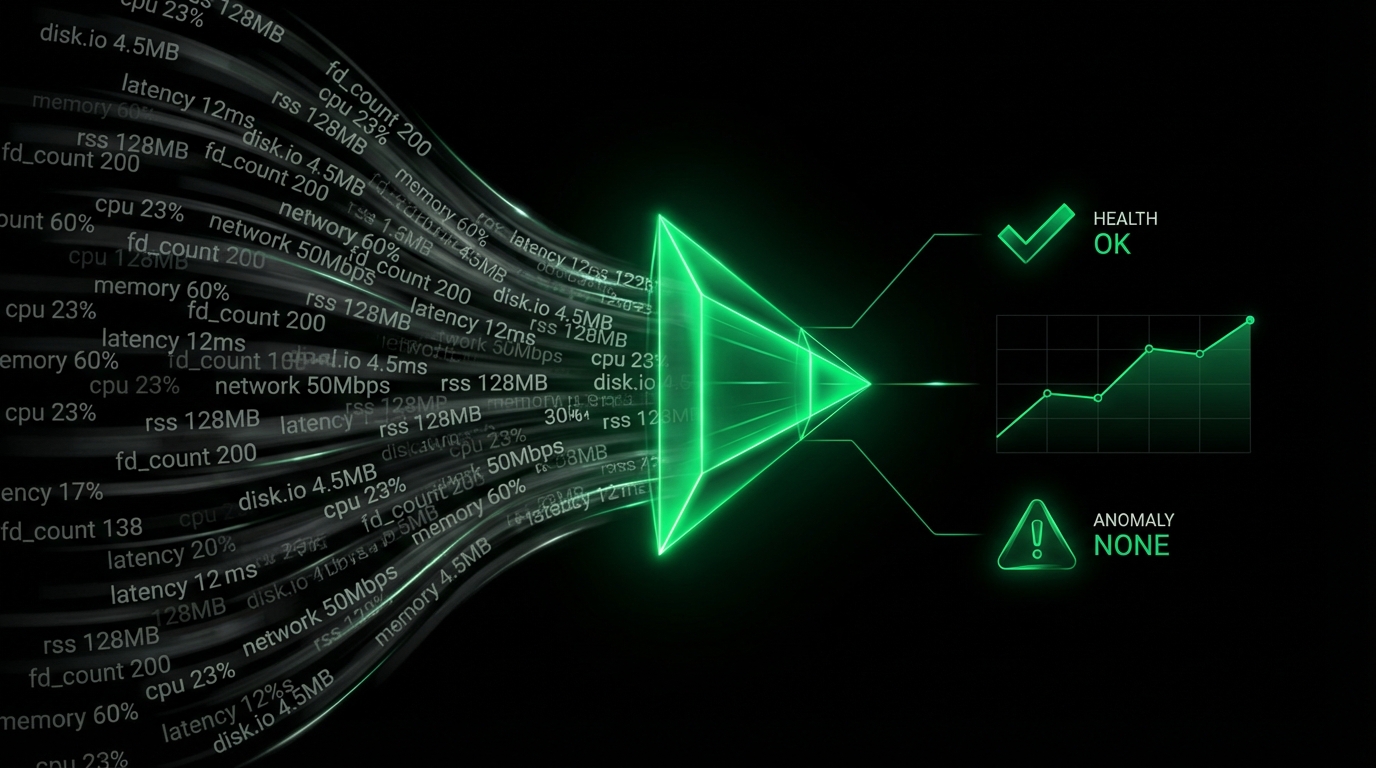See What SCOM Misses - Per-Second Visibility Without the Complexity
SCOM users face a critical choice: continue managing complex, minute-level monitoring that misses 90% of transient issues, or embrace modern observability that delivers per-second insights, zero-configuration deployment, and 90% lower costs. Netdata transforms infrastructure monitoring from a specialized skill into an automated capability - enabling lean teams to manage thousands of nodes with the same ease SCOM requires for hundreds.

































































